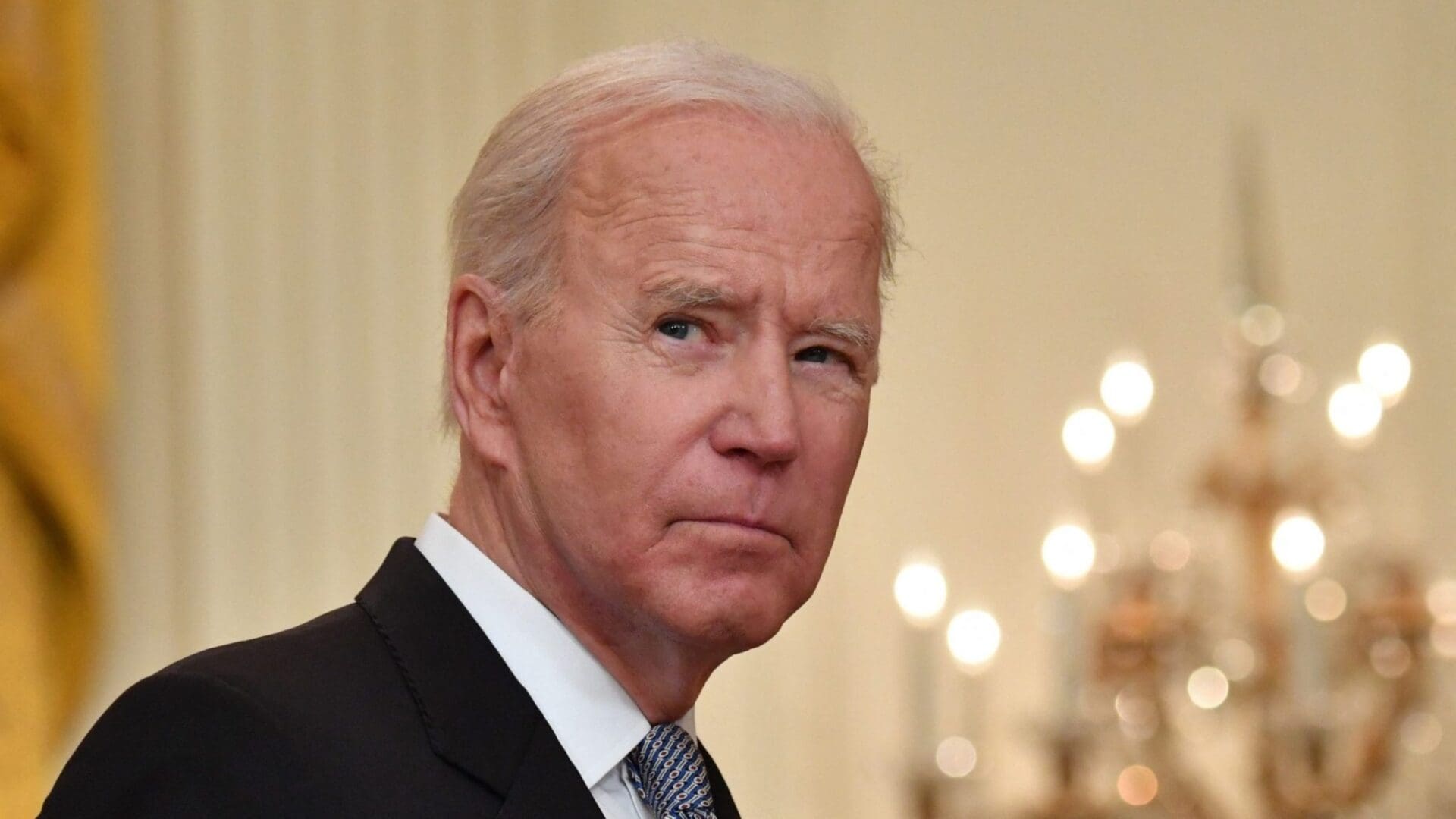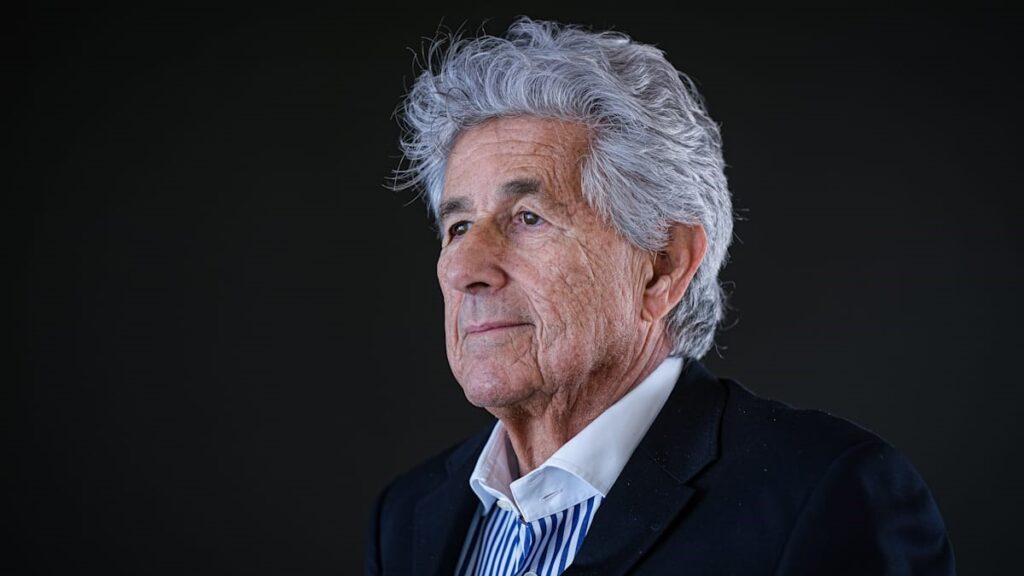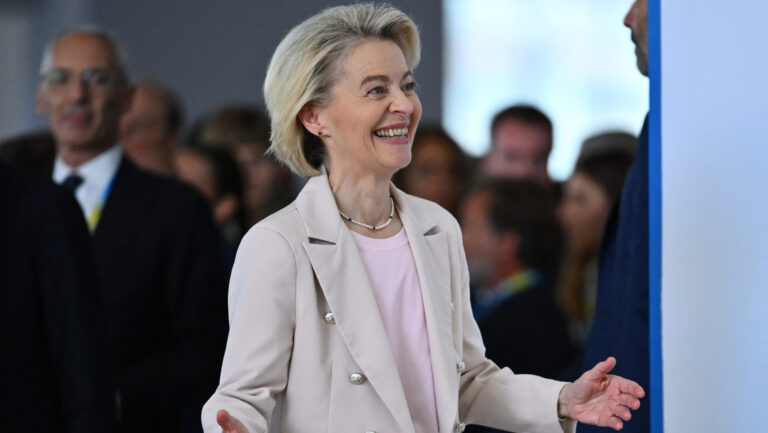Last month US President Joe Biden, after a three-day sojourn in Israel, made a visit to the Kingdom of Saudi Arabia (KSA) with the goal to repair strained ties with the Gulf Arab oil giant. Both the US and the KSA have undergone a period of mutual distrust and uncertainty when Biden became president. During the presidential campaign, he criticized the Saudis’ mistreatment of human beings, violations of international law, and open hostility to the US, including the killing of The Washington Post journalist Jamal Khashoggi. He went so far as to promise to make Saudi Arabia a global “pariah” and that he would ‘cancel the blank check’ the Trump administration had given the country during its genocidal war against Yemen.
All indications, at least from Washington, were that he would be in one way or another successful in urging the Saudi government to ramp up oil production in a bid to rein in soaring costs. This in part, as a consequence of the failed sanctions on Russia, drove US inflation to a four-decade high of 9.1 per cent in June ahead of the crucial congressional mid-term elections in November. Yet, the meeting with the Saudis was, as per the title of Karen Elliot House’s The Wall Street Journal article: ‘worse than an embarrassment’.
‘Worse than an embarrassment’
American or Saudi Hegemony?
Once Biden took over the White House, he immediately wasted no time to honour his campaign promises by
- suspending sales of US offensive weapons to Saudi Arabia;
- appointing a veteran diplomat to help steer the Saudi regime toward a peace agreement with Yemen;
- declassifying an intelligence report that implicated the Crown Prince and de facto leader Mohammad bin Salman (MBS) in Khashoggi’s murder;
- imposing sanctions on high-ranking Saudi intelligence officials for their involvement in the plot, and
- restricting seventy-six Saudi nationals deemed responsible for the targeting of dissidents overseas.
Yet, this was all before Russian President Vladimir Putin’s invasion of Ukraine when the US had enough muscle to flex. It is now an altogether different balance of power.
Biden, despite achieving a host of agreements—eighteen to be exact—on investment, communication, and space, he walked away empty-handed over the trip’s raison d’être: increasing Saudi oil production—in the aftermath of the trip, oil prices rose over 2 per cent. Adding insult to injury, the Saudis only promised they would “consult” with Washington on oil matters while insisting they would be unable to increase oil production. Riyadh displayed further contempt by saying it would take the issue to OPEC+, where the Russians, Iranians, and Venezuelans are likely to block any proposed production hikes.
This and the fact that the Saudi regime and its regional allies abstained—or voted against—US and European initiatives at the UN aimed at isolating Russia are clear sings that American leverage in the Gulf has altogether diminished. More so, the Kingdom now exports more crude oil to China and has achieved a cooperative level on trade and commerce with the European Union after the Russians began to cut off gas exports to the continent. Not to mention, Biden also did not deliver on helping secure peace in the war in Yemen, nor did he confront Iran on its harnessing uranium to develop a nuclear bomb –Tehran also announced that it intends to sell Russia drones in their war against Ukraine. So much for the White House’s claim that the trip was a success.
Failing to Understand Reality
President Biden’s lack of success is a result of a longstanding, ineffective US strategy, or better yet, US diplomacy that has become a pawn of a defective game plan in a changing and unstable landscape in the Gulf. The Middle East for the past forty-plus years has been a hornet’s nest tainted by divisions between secular states and fundamentalists, coups d’état, terrorism, wars, etc., and there seems to be no solution other than crisis management.
In fact, no area of the world challenges American precepts with greater complexities than the Middle East. Henry Kissinger once forewarned:
‘The rational for preventing its [Gulf region] domination by hostile power is…a choice among evils; there are no democracies to defend. But the United States—and the other industrial democracies have a compelling national interest in preventing the region from being dominated by countries whose purposes are inimical to ours.’[1]
American policymakers have also not been able to fully grasp the shift in the territory’s transforming energy markets which doomed Biden’s efforts long before his ridiculous and embarrassing fist-bump with MBS.
The Kingdom is the globe’s largest crude oil exporter and the strength behind the OPEC+ petroleum cartel, which controls approximately 40 per cent of the world’s oil supply. In addition, it has a $833 billion GDP and is on its way to transition its economy into a new commercial centre in the region. The country also has the potential to be a burgeoning market for US companies on the prowl for new investments.
In his hubris that the US can still be relied on as a faithful and vital ally, Biden, in a speech to Arab leaders proclaimed: ‘We will not walk away and leave a vacuum to be filled by China, Russia, or Iran.’
It seems he completely forgot how he disastrously walked away from Afghanistan, which practically handed over the country to the Taliban terrorists on a silver platter, to say nothing of crippling America’s credibility.
It goes without saying that during Trump’s presidency many Americans had adopted a dangerous ‘dismissiveness toward diplomacy’. This marked a change from the last decades of the twentieth century, though things had already begun to change with the Clinton administration when the US was unable to overcome the assassination of Israeli Prime Minister Yitzhak Rabin in 1995, successive waves of Hamas terrorism, or Israel’s relentless expansion of settlements in the West Bank. As America’s Western European allies began to distance themselves from Washington during the Trump administration, US adversaries, especially Russia and China, swooped in to acquire new partners and isolate the US—along with Iran, they began to fill in the vacuum left by the US.
Failure on Human Rights
There was also a major disappointment on the topic of the Saudi violation of human rights, which were not at all discussed.
According to the Freedom Initiative (TFI), there continues to be ‘widespread and systematic campaign of arrest, intimidation, defamation, imprisonment, torture, threats, and abuse are a global experience’. It would be bad enough if the only victims of Saudi repression were Saudi citizens, like Khashoggi.
US citizens have also been victimized by the Saudi regime
US citizens; however, have also been victimized by the Saudi regime. As reported by TFI, there have been at least eighty-nine Americans who have been detained, disappeared, or have been placed under travel bans at some point in 2021 in Saudi Arabia. Incidentally, during his visit to Israel, Biden also remained silent over Shireen Abu Akleh, a Christian and a Palestinian-American journalist who was killed in May in the West Bank by the Israeli military.
Ironically, Biden should not be singled out for this. Every American president ever since Franklin D. Roosevelt established ties with the Saudis in 1945 has essentially prioritized military predominance and financial profit in the Gulf region over human.
The president tried to save face by claiming, in front of the entire US and Saudi delegations, to have labeled MBS the killer of Jamal Khashoggi, yet not one of those who were present has been able to confirm this. Even The New York Times questioned Biden’s account, noting that he has a history of describing events other meeting participants do not recall.
In a complex and an ever unsettling world, Biden’s Saudi adventure showed the opposite of what a strong and effective leader of the free world should be, which is worrisome. The president neither exerted leadership nor did he advance American interests, let alone the victims of human rights violators. What is evident is that, to call a spade a spade, American political clout in the Middle East—and not just there—has taken a back seat to “oil-rich autocrats” and other regional despots. As Democrat House Rep. Adam Schiff tweeted:
‘If we ever needed a visual reminder of the continuing grip oil-rich autocrats have on US foreign policy in the Middle East, we got it today. One fist bump is worth a thousand words.’
[1] Henry Kissinger, Does America Need A Foreign Policy? (New York: Simon & Schuster, 2001), 187.








